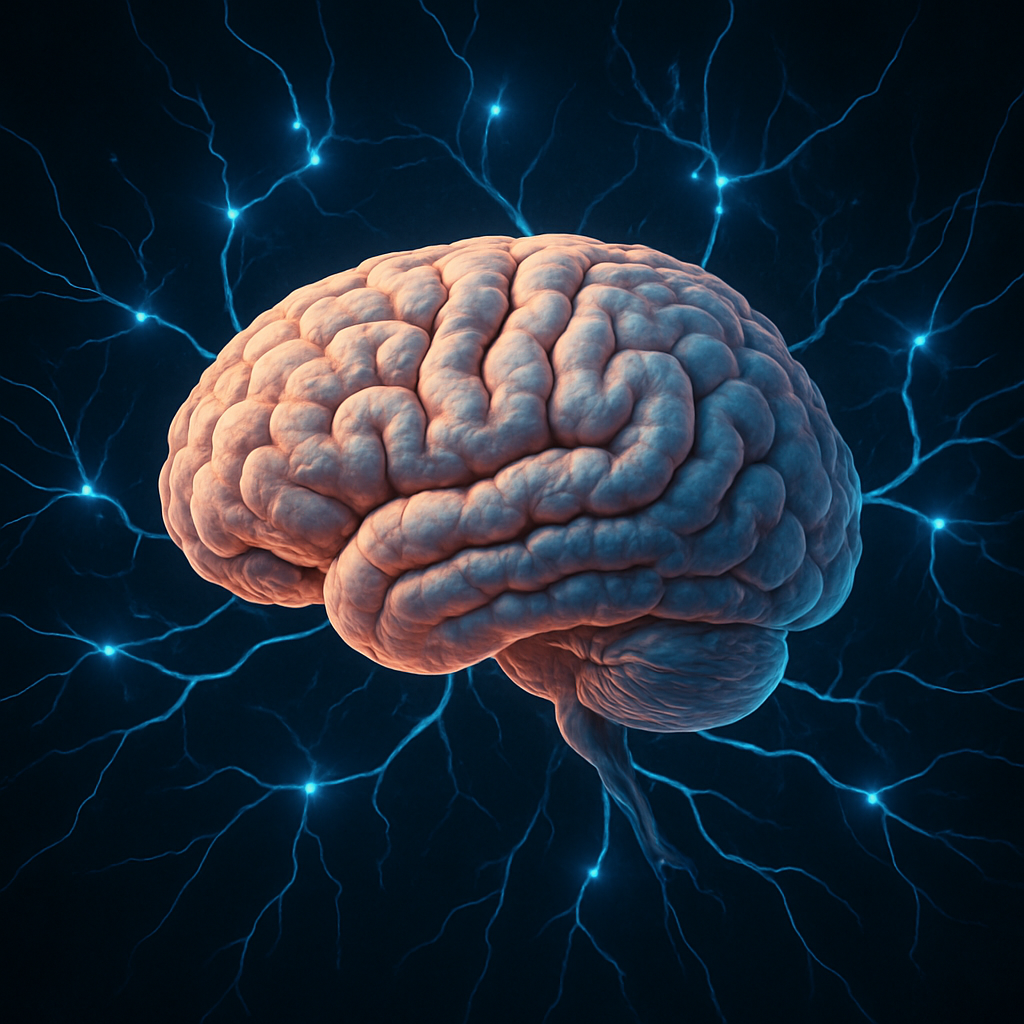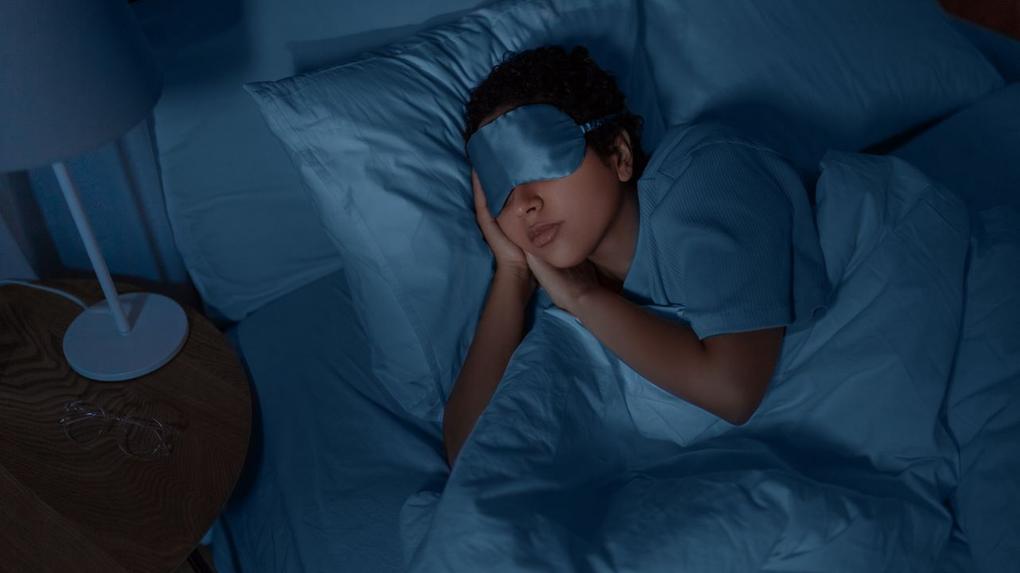Sleep is often the first thing we sacrifice when life gets busy. However, what if we told you that skipping sleep is like skipping charging your phone — while still expecting it to work perfectly?
Let’s dive into what science says about sleep, why it’s essential for your health, and how to sleep better — in simple terms.
Your Brain at Night: It Doesn’t Shut Down — It Powers Up
Even when you’re out cold, your brain is busy doing important work. In fact, think of sleep as a cleaning and memory upgrade service.
Brain cleanup: During deep sleep, your brain removes waste — including beta-amyloid, a toxic protein linked to Alzheimer’s. This was shown in a 2013 study published in Science by Maiken Nedergaard and colleagues. Read the study
Learning and memory: When you dream (during REM sleep), your brain sorts and strengthens memories. In other words, sleep helps you retain what you learned during the day, as this research from Harvard Medical School (Walker & Stickgold, 2004) shows. Read the study

Sleep and the Body: Repair Mode Activated
Your body needs sleep to recover — physically, chemically, hormonally.
- Immune system: A 2009 study in the journal Sleep showed that people who slept less than 7 hours were nearly 3x more likely to catch a cold. Read the study
Weight and hormones: Sleep affects ghrelin and leptin, hormones that control hunger and satiety, consequently, less sleep often leads to more hunger and stronger cravings. . That’s why lack of sleep is often linked to weight gain.
The Cost of Skimping on Sleep
Poor sleep affects how you think, feel, and behave. You lose focus and creativity, you become more reactive and emotional, and your reaction time drops — even as much as if you were legally drunk. A 2007 Current Biology study showed that when you’re sleep-deprived, the prefrontal cortex (logic center) slows down while the amygdala (emotional center) becomes hyperactive. The result? Bad decisions, mood swings, and overreactions. Read the study
How Much Sleep Do You Really Need?
Most adults need 7 to 9 hours of sleep per night. Kids and teens need more because their brains and bodies are still developing rapidly. Here’s a breakdown based on recommendations from the CDC (Centers for Disease Control and Prevention) and the American Academy of Sleep Medicine:
| Age Group | Recommended Hours per Night |
|---|---|
| Adults (18–64 years) | 7–9 hours |
| Teens (13–18 years) | 8–10 hours |
| School-age (6–12 yrs) | 9–12 hours |
| Preschoolers (3–5 yrs) | 10–13 hours |
| Toddlers (1–2 yrs) | 11–14 hours |
But it’s not just about hours — quality counts too.
Tips for Better Sleep:
- Go to bed and wake up at the same time every day.
- Avoid screens (phones, laptops, TVs) 1 hour before bed.
- Keep your room cool, dark, and quiet.
- Avoid caffeine after 2 PM.
Additionally, regular exercise and exposure to morning sunlight can help regulate your sleep cycle.
In a world that glorifies hustle and productivity, sleep can seem like a weakness, but in reality it’s one of your biggest superpowers as it sharpens your brain, boosts your mood, protects your health, and helps you live longer. So tonight, treat sleep like what it really is — a vital pillar of health, not a luxury.

Fun Fact
Thinking about pulling an all-nighter? After just 17 to 19 hours without sleep, your brain works like you’ve had a few drinks — with performance dropping to the level of a 0.05% blood alcohol content. So maybe it’s smarter to hit the pillow before hitting the books again 😉.
There’s so much more to discover. Check out the rest of our site for more amazing facts and explanations!
